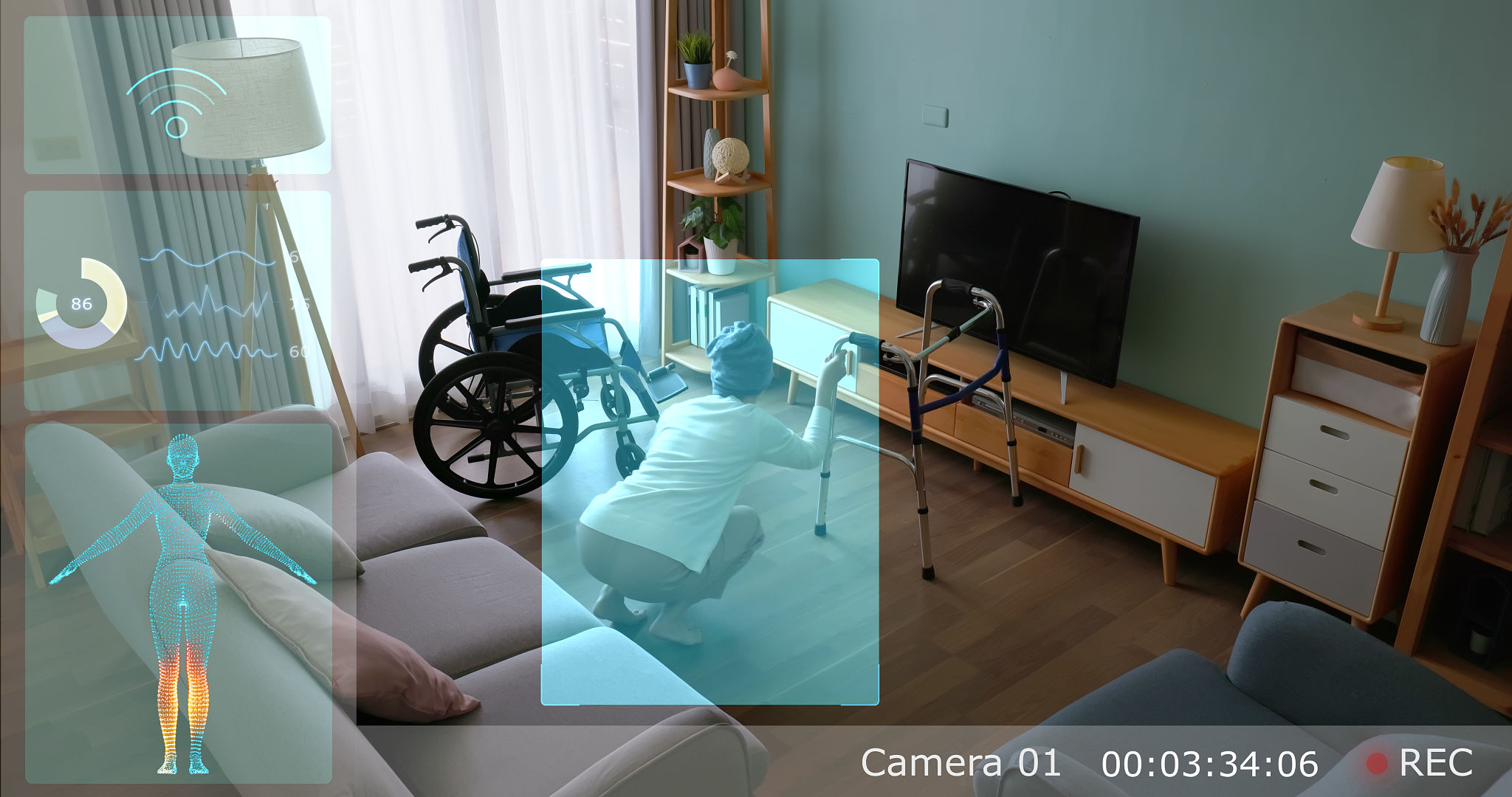Debunking Myths About AI in Healthcare Staffing
Introduction to AI in Healthcare Staffing
Artificial Intelligence (AI) is revolutionizing various industries, and healthcare staffing is no exception. However, despite its growing presence, there are several misconceptions surrounding its role and effectiveness. This article aims to debunk some of the most common myths about AI in healthcare staffing, shedding light on its true potential and limitations.

Myth 1: AI Will Replace Human Jobs
One of the most prevalent myths is that AI will entirely replace human jobs in healthcare staffing. In reality, AI is designed to augment human capabilities, not replace them. By automating repetitive tasks, AI allows healthcare professionals to focus on more critical aspects of patient care and decision-making. For instance, AI can streamline the recruitment process by efficiently sifting through resumes, but it still requires human insight to make final hiring decisions.
Myth 2: AI Lacks Human Empathy
Another common misconception is that AI lacks the empathy required for effective healthcare staffing. While it is true that AI does not possess emotions, it can analyze vast amounts of data to provide insights into patient care trends and staffing needs. This information can be invaluable for healthcare professionals who apply their empathetic understanding to these insights, fostering a more effective and compassionate healthcare environment.

Myth 3: AI Is Too Expensive
Many believe that implementing AI in healthcare staffing is prohibitively expensive. While the initial investment can be significant, the long-term savings often outweigh the costs. AI can improve efficiency, reduce errors, and optimize resource allocation, leading to substantial financial benefits over time. Additionally, as AI technology becomes more mainstream, costs are likely to decrease, making it more accessible to healthcare organizations of all sizes.
Myth 4: AI Is Only for Large Hospitals
There's a misconception that only large hospitals can benefit from AI technology. However, AI solutions are scalable and can be tailored to fit the needs of any healthcare facility, regardless of size. Small clinics and private practices can leverage AI to improve their staffing processes, enhance patient care, and remain competitive in a rapidly evolving industry.

Myth 5: AI Makes Decisions in Isolation
Some fear that AI operates in isolation, making decisions without human oversight. In truth, AI systems are designed to work alongside healthcare professionals. They provide data-driven recommendations that assist in decision-making but do not replace the critical judgment of experienced staff. This collaborative approach ensures that decisions are well-informed and balanced with human expertise.
Conclusion: Embracing the Future
By debunking these myths, it's clear that AI has a significant role to play in the future of healthcare staffing. Its ability to enhance efficiency, reduce costs, and support human decision-making makes it an invaluable tool for healthcare organizations. Understanding and embracing AI can lead to improved patient outcomes and a more effective healthcare system overall.
